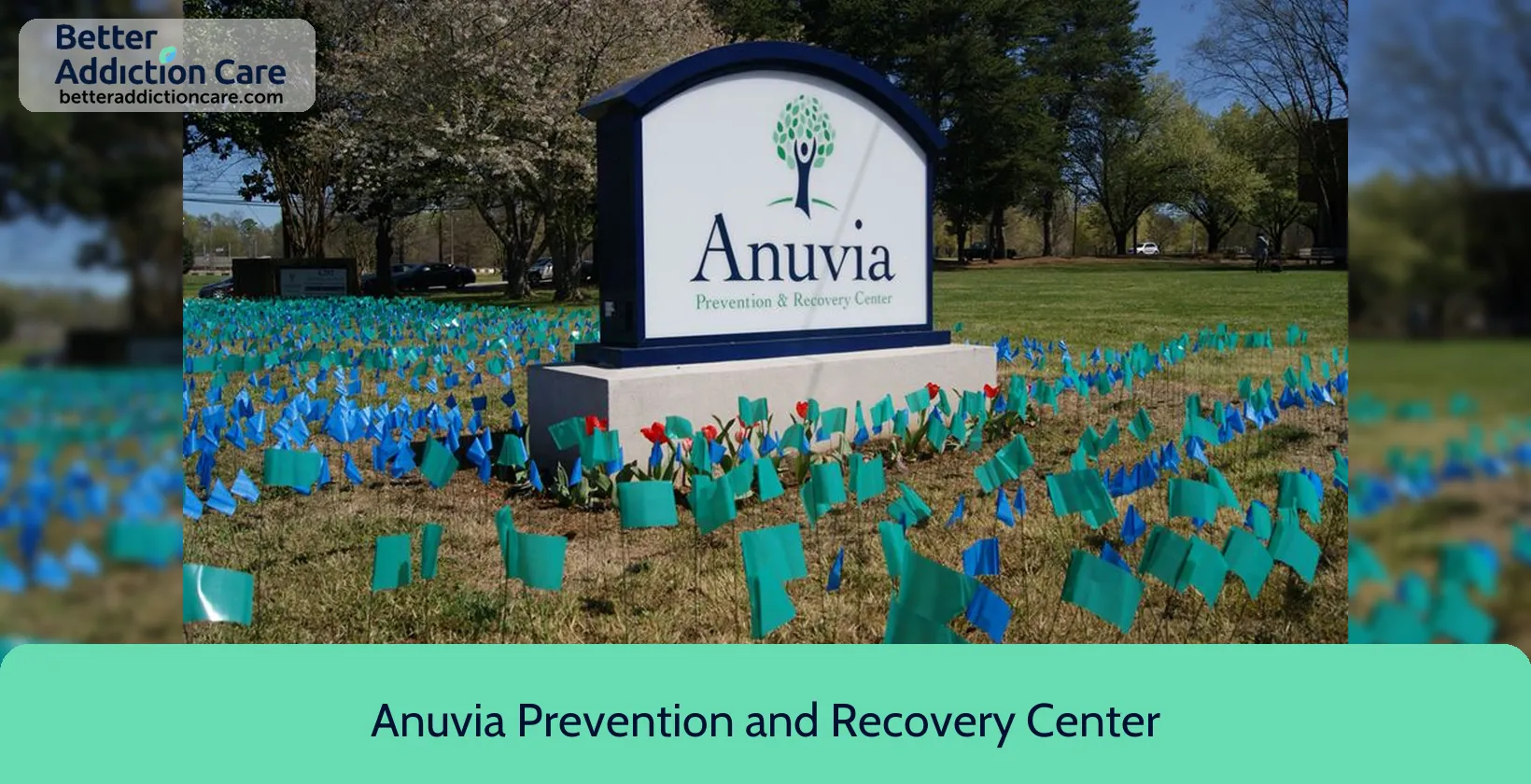LMS Medical Services

Overview
LMS Medical Services is an substance abuse treatment center that provides outpatient treatment for men and women between 18 and 65+ years of age. As part of their special programs, LMS Medical Services treats clients who have experienced trauma. To help patients achieve sobriety, LMS Medical Services provides intake assessments. Afterward, patients receive cognitive behavioral therapy, substance use disorder counseling, and trauma-related counseling during treatment. LMS Medical Services is located in Charlotte, North Carolina, providing treatment for people in Mecklenburg County, accepting cash or self-payment.
LMS Medical Services at a Glance
Payment Options
- Cash or self-payment
Assessments
- Screening for tobacco use
- Comprehensive mental health assessment
- Comprehensive substance use assessment
- Interim services for clients
- Outreach to persons in the community
Age Groups
- Young adults
- Adults
- Seniors
Operation
- Private for-profit organization
Highlights About LMS Medical Services
7.14/10
With an overall rating of 7.14/10, this facility has following balanced range of services. Alcohol Rehabilitation: 8.00/10, Drug Rehab and Detox: 7.23/10, Insurance and Payments: 6.00/10, Treatment Options: 7.33/10.-
Alcohol Rehabilitation 8.00
-
Treatment Options 7.33
-
Drug Rehab and Detox 7.23
-
Insurance and Payments 6.00
Treatment At LMS Medical Services
Treatment Conditions
- Mental health treatment
- Substance use treatment
- Co-occurring Disorders
Care Levels
- Outpatient
- Outpatient methadone/buprenorphine or naltrexone treatment
- Regular outpatient treatment
- Aftercare
Treatment Modalities
- Cognitive behavioral therapy
- Substance use disorder counseling
- Trauma-related counseling
- Smoking/vaping/tobacco cessation counseling
- Family counseling
Ancillary Services
Additional Services
- Pharmacotherapies administered during treatment
- Mentoring/peer support
- Drug or alcohol urine screening
Special Programs
- Clients who have experienced trauma
Get Help Now
Common Questions About LMS Medical Services
Contact Information
Other Facilities in Charlotte

6.65

7.47

6.90

6.94

6.88

6.93

7.49

7.19
DISCLAIMER: The facility name, logo and brand are the property and registered trademarks of Anuvia Prevention and Recovery Center - 429 Billingsley Road, and are being used for identification and informational purposes only. Use of these names, logos and brands shall not imply endorsement. BetterAddictionCare.com is not affiliated with or sponsored by Anuvia Prevention and Recovery Center - 429 Billingsley Road.
